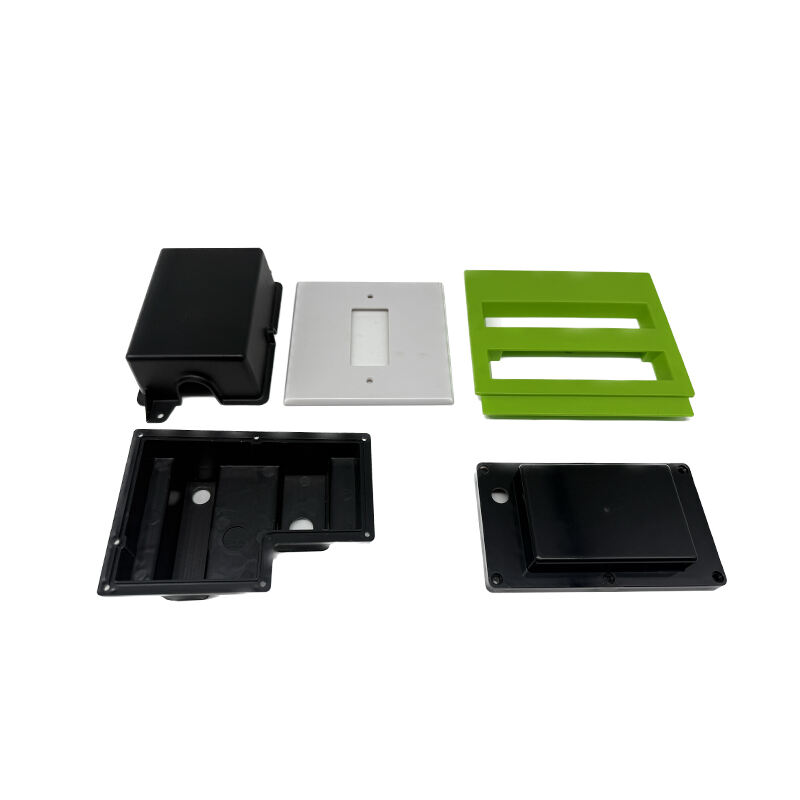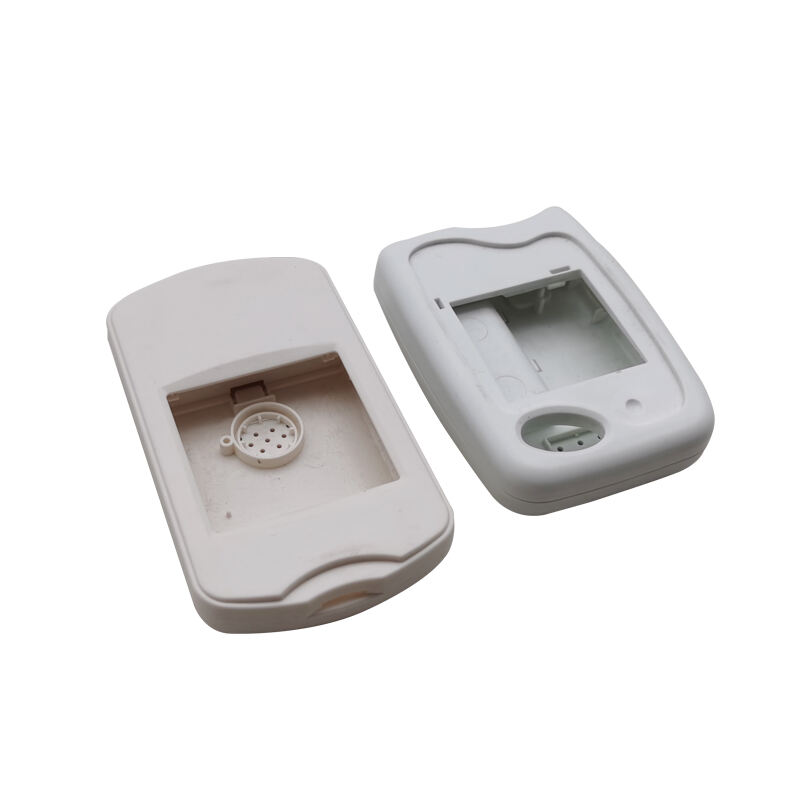injection molded plastic components
Injection molded plastic components represent a cornerstone of modern manufacturing, offering precision engineered solutions across diverse industries. This manufacturing process involves injecting molten plastic material into custom designed molds under high pressure, creating complex and detailed parts with exceptional consistency. The technology enables the production of components ranging from microscopic medical devices to large automotive parts, all while maintaining tight tolerances and superior quality standards. The process excels in producing high volume components with remarkable efficiency, utilizing advanced materials such as thermoplastics, engineered resins, and composite materials. These components feature excellent dimensional stability, superior surface finish, and can incorporate various functional elements such as threads, snap fits, and living hinges. The versatility of injection molding allows for the integration of multiple design features in a single part, reducing assembly requirements and overall production costs. Modern injection molding systems employ sophisticated control systems, ensuring precise material flow, temperature regulation, and pressure control throughout the manufacturing cycle, resulting in consistent, high quality outputs that meet stringent industry specifications.


